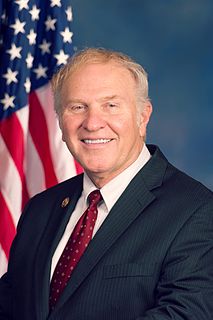A Quote by Zanny Minton Beddoes
Governments need to lay out a credible path to reducing their deficits in the medium term, but without excessively enfeebling an already weak recovery. That means raising retirement ages and overhauling pensions; putting in place the budget rules and institutions that will curb future profligacy; and favouring spending cuts over tax increases.
Related Quotes
The world is likely to view any temporary extension of the income tax cuts for the top two percent as a prelude to a long-term or permanent extension, and that would hurt economic recovery as well by undermining confidence that we're prepared to make a commitment today to bring down our future deficits.
His presidency ended more than a decade ago, but politicians, Democrat and Republican, still talk about Ronald Reagan. Al Gore has an ad noting that in Congress he opposed the Reagan budget cuts. He says that because Bill Bradley was one of 36 Democratic Senators who voted for the cuts. Gore doesn’t point out that Bradley also voted against the popular Reagan tax cuts and that it was the tax cuts that piled up those enormous deficits, a snowballing national debt.
Because of the oil-and-water relationship governments have cultivated between ethics and political economy, speaking in plain terms - spelling it out as it is - as become foreign to the public. So here goes: When government sports a surplus, this implies that the political pickpockets have stolen more funds than they can possibly dream of spending. The property is not theirs to keep! Conversely, when deficits are reported, this means that the kleptomaniacs have not been able to steal sufficient funds to cover their profligacy.
Because tax cuts create an incentive to increase output, employment, and production, they also help balance the budget by reducing means-tested government expenditures. A faster-growing economy means lower unemployment and higher incomes, resulting in reduced unemployment benefits and other social welfare programs.































